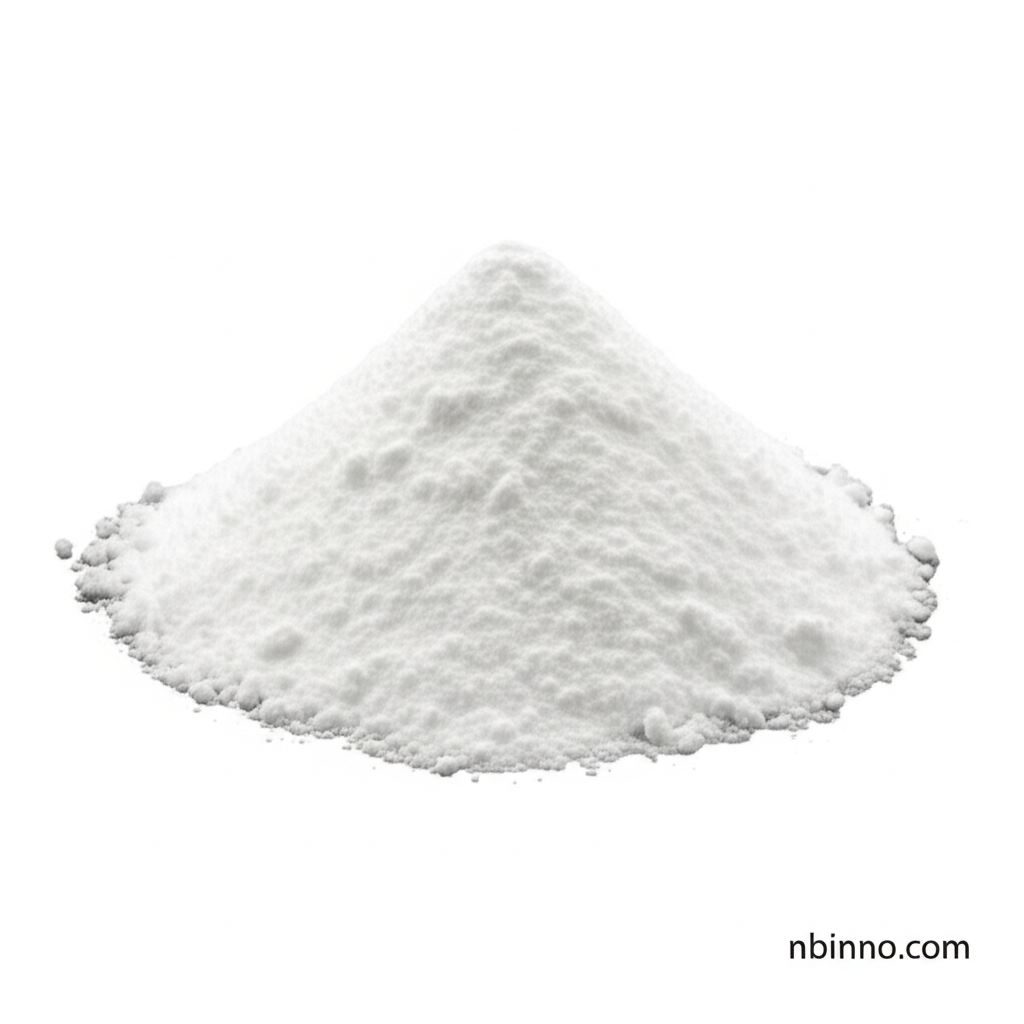Exploring the Potential of B7-33 Peptide in Fibrosis and Vascular Research
Discover the groundbreaking applications of the B7-33 peptide in advancing cardiovascular and fibrosis studies.
Get a Quote & SampleProduct Core Value

B7-33 Peptide
The B7-33 peptide is a cutting-edge synthetic analog derived from the H2 relaxin protein family. It is specifically designed to interact with the relaxin receptor RXFP1, offering a targeted approach to modulating biological pathways. Unlike traditional relaxin peptides, B7-33 is hypothesized to retain significant anti-fibrotic properties while potentially avoiding excessive activation of cyclic adenosine monophosphate (cAMP) pathways. This distinction is crucial for its application in research focused on tissue remodeling, cardiovascular health, and the management of fibrotic diseases.
- Understanding B7-33 peptide mechanism: The peptide's unique structure allows for selective activation of the RXFP1 receptor, influencing intracellular signaling pathways like pERK.
- B7-33 peptide cardiovascular research: Studies indicate its potential in improving vascular integrity and function, making it a valuable tool for cardiovascular adaptation research.
- B7-33 peptide fibrosis treatment: Research suggests the peptide may mitigate excessive scar tissue formation, offering insights into novel fibrosis modulation strategies.
- Buy B7-33 peptide for research: This peptide is increasingly sought after by researchers exploring its applications in diverse fields, from cardiac studies to potential organ repair.
Advantages Offered by the Product
Targeted Receptor Activation
Leverage the precise activation of the RXFP1 receptor with B7-33 peptide, enabling focused research into specific biological responses.
Potential Anti-Fibrotic Properties
Explore the capacity of B7-33 peptide to reduce excessive scar tissue, a key aspect in understanding and treating fibrotic conditions.
Enhanced Vasoprotective Effects
Investigate the B7-33 peptide's role in supporting vascular integrity and function, contributing to research on cardiovascular health.
Key Applications
Fibrosis Research
The B7-33 peptide is being investigated for its role in modulating fibrotic processes, potentially impacting conditions like lung and liver fibrosis.
Cardiovascular Studies
Researchers are exploring the B7-33 peptide's vasoprotective and cardioprotective effects, including its impact on heart failure and cardiac remodeling.
Tissue Remodeling
The peptide's potential to influence extracellular matrix dynamics makes it a subject of interest in studies related to tissue repair and regeneration.
Vascular Function
B7-33 peptide's vasodilatory properties are being studied for their implications in managing conditions like hypertension and atherosclerosis.
